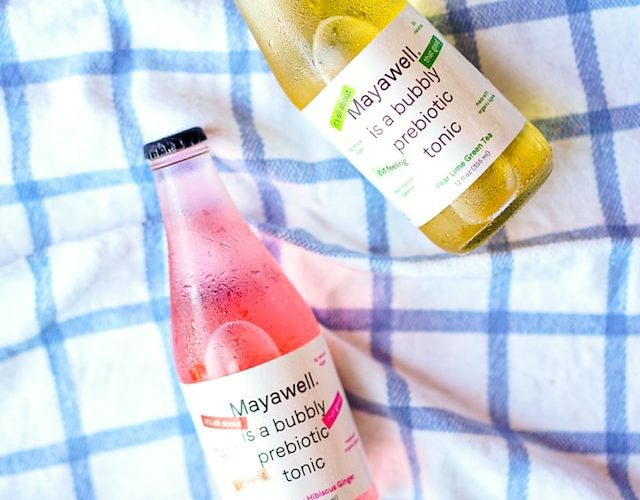Introduction:
In recent years, the beverage industry has witnessed the rise of prebiotic sodas, which claim to offer a refreshing twist on gut health. These fizzy drinks are marketed as a way to improve digestion, boost immunity, and enhance overall well-being. However, behind the enticing promises lies a heated debate among experts about the validity of these health claims. In this article, we will explore the controversy surrounding prebiotic sodas and delve into the opinions of experts regarding their true health benefits.
Understanding Prebiotics:
Before diving into the controversy, let’s first understand what prebiotics are. Prebiotics are non-digestible fibers that serve as a food source for beneficial bacteria in our gut. They promote the growth and activity of these good bacteria, which are essential for maintaining a healthy digestive system and supporting overall health. Common natural sources of prebiotics include foods like garlic, onions, chicory root, and certain grains.
The Promise of Prebiotic Sodas:
Prebiotic sodas claim to combine the refreshing taste of traditional sodas with the added benefit of prebiotic fibers. They assert that by consuming these beverages, individuals can improve their gut health and enjoy the associated health advantages. The appeal of prebiotic sodas lies in their convenience, as they offer a quick and easy way to incorporate prebiotics into one’s daily routine. However, experts are raising concerns about the actual efficacy of these products.
Expert Opinions:
Many experts in the field of nutrition and gut health are skeptical about the health claims made by prebiotic sodas. They argue that the amount of prebiotic fiber present in these beverages is often minimal compared to what is typically recommended for achieving notable health benefits. Moreover, the combination of prebiotics with carbonated water and artificial sweeteners, commonly found in prebiotic sodas, may have counterproductive effects on gut health.
Some experts point out that the carbonation in these beverages can lead to bloating and discomfort for individuals with sensitive digestive systems. Additionally, the use of artificial sweeteners, which is prevalent in many prebiotic sodas to reduce calorie content, raises concerns about their impact on metabolic health and gut bacteria composition.
The Role of Diet Diversity:
While prebiotic sodas may offer a convenient way to consume prebiotic fibers, experts emphasize that a diverse and balanced diet is the key to optimizing gut health. Consuming a variety of fruits, vegetables, whole grains, and legumes provides a wide range of prebiotic fibers and other beneficial nutrients that support the growth of diverse gut bacteria. Relying solely on prebiotic sodas may not provide the same level of nutritional diversity that whole foods can offer.
The Importance of Scientific Evidence:
Experts emphasize the need for rigorous scientific studies to validate the health claims associated with prebiotic sodas. While there is evidence to support the positive effects of prebiotic fibers on gut health, more research is needed to evaluate the specific benefits of consuming prebiotic sodas compared to a well-rounded diet rich in whole foods. Scientific studies can shed light on the actual impact of these beverages on gut microbiota, digestion, and overall health.
Conclusion:
The rise of prebiotic sodas has ignited a controversial discussion among experts in the field of nutrition and gut health. While these beverages may offer a convenient way to incorporate prebiotic fibers into one’s diet, experts are cautious about their actual health benefits. They emphasize the importance of a diverse and balanced diet as the foundation for optimizing gut health.












